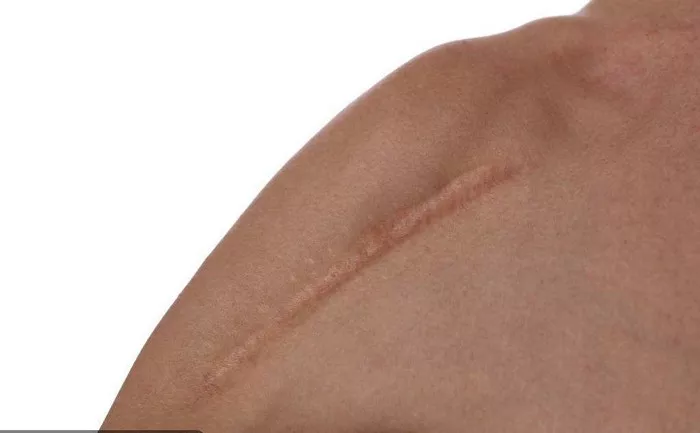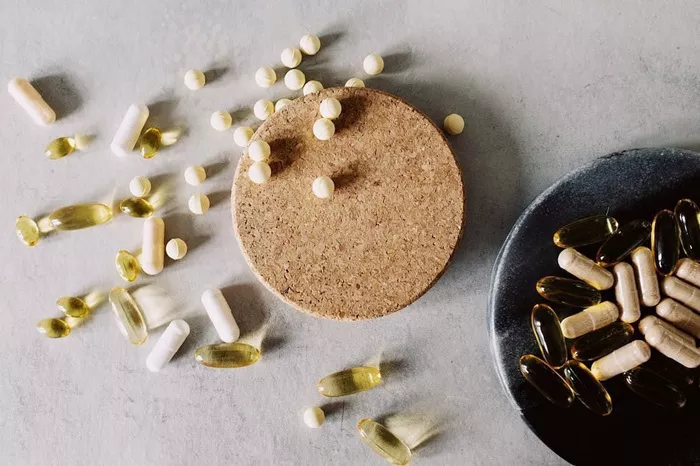Depression is more than just sadness. While everyone feels down from time to time, depression is a persistent emotional state that affects how you think, feel, and act. It’s a clinical condition with psychological, biological, and environmental factors interwoven in a complex web. When asking “Why am I feeling depressed?”, the answer rarely lies in just one cause. Instead, it’s usually a combination of influences, some obvious and others hidden beneath the surface of everyday life.
Depression doesn’t look the same for everyone. Some people feel empty or hopeless, others lose interest in things they once enjoyed, while others may experience irritability, difficulty concentrating, or changes in appetite and sleep. The experience of depression can be isolating, but it is not uncommon. According to the World Health Organization, more than 280 million people globally suffer from depression, making it one of the most widespread mental health issues today.
Biological Factors: How Your Brain and Body Affect Mood
One of the key biological contributors to depression is brain chemistry. The human brain relies on a delicate balance of chemicals called neurotransmitters to regulate mood, including serotonin, dopamine, and norepinephrine. When these chemicals are out of balance—due to genetics, chronic stress, or drug use—your risk of developing depression increases.
Genetics also play a strong role. If you have a family history of depression or other mood disorders, your risk is higher. However, having a genetic predisposition doesn’t mean you’re destined to be depressed. It means your vulnerability is greater, especially when combined with stressful life events or an unhealthy lifestyle. Hormonal changes such as those related to thyroid problems, menopause, postpartum changes, or chronic illnesses like diabetes can also influence mood regulation and potentially lead to depression.
Psychological Triggers: The Role of Your Mind
Depression is often linked to specific patterns of thinking. Cognitive theories suggest that negative thinking styles—like catastrophizing, all-or-nothing thinking, or excessive self-criticism—can contribute to or worsen depression. People with low self-esteem or those who constantly blame themselves for things beyond their control are at a higher risk.
Trauma is another psychological trigger. Experiencing abuse, neglect, the loss of a loved one, or any traumatic event can leave emotional scars. If these experiences aren’t properly addressed or processed, they can manifest as depression later in life. Moreover, people who suffer from anxiety disorders, post-traumatic stress disorder (PTSD), or obsessive-compulsive disorder (OCD) often also experience depression.
Environmental and Lifestyle Factors
Your surroundings and lifestyle choices have a powerful effect on mental health. Chronic stress from work, school, or relationships can wear down emotional resilience over time. If you live in an environment that’s unsupportive, abusive, or unstable, the chances of becoming depressed increase significantly. Financial hardship, job insecurity, and social isolation are among the most common environmental triggers.
Sleep, nutrition, and physical activity also play a major role. Sleep deprivation alone can impact mood regulation and cognitive function. A poor diet lacking in essential nutrients—like omega-3 fatty acids, vitamin D, and B vitamins—can worsen mood disorders. Lack of exercise also contributes, as physical activity is known to release endorphins and improve mental clarity. Additionally, excessive alcohol or drug use, though initially used as a coping mechanism, can ultimately deepen depression symptoms.
Social and Cultural Pressures
In many societies, people face intense pressure to meet expectations related to success, appearance, and behavior. This stress can create a sense of inadequacy, especially when social comparison becomes constant—something exacerbated by social media. If you constantly compare your life to the highlight reels of others online, it’s easy to feel like you’re falling short.
Cultural background can also affect how depression is perceived and handled. In some cultures, mental health is stigmatized, leading people to suppress their symptoms rather than seek help. This silence can delay diagnosis and treatment, allowing symptoms to deepen and become more entrenched. A lack of social support—whether due to cultural isolation, discrimination, or personal conflict—can be a powerful contributor to depression.
Personality Traits and Individual Vulnerability
Some personality traits make people more susceptible to depression. Perfectionists, for instance, often hold themselves to unrealistically high standards and feel crushed when they fall short. Highly empathetic individuals may absorb the pain and stress of others, exhausting their emotional reserves. Introverts may find it harder to reach out for support, while people-pleasers may neglect their own needs, leading to emotional burnout.
In contrast, people with strong coping skills, resilience, and a flexible mindset are often better at bouncing back from setbacks. The key point is that personality traits alone do not cause depression, but they shape how you respond to life’s stressors, which can either protect you or put you at risk.
The Impact of Life Transitions
Major life changes—whether positive or negative—can lead to depression. Starting a new job, moving to a new city, ending a relationship, graduating, becoming a parent, or retiring can all bring unexpected emotional challenges. These transitions often involve loss of identity, loss of structure, or loss of social ties, all of which can create a vacuum where depression takes root.
Grief, too, is a normal response to loss but can evolve into depression when the sadness becomes overwhelming or persistent. If you’ve recently lost someone, a pet, a job, or even an opportunity you cared deeply about, and your sadness is not easing with time, it may have shifted into a depressive state.
When It’s Not Just Depression
Sometimes, what feels like depression may actually be another medical or psychological condition. Chronic fatigue syndrome, fibromyalgia, anemia, and even vitamin deficiencies can cause fatigue, lack of motivation, and cognitive fog, mimicking depression. Similarly, bipolar disorder includes depressive episodes but also involves manic or hypomanic phases, which require different treatment approaches.
Attention should also be paid to how long symptoms last and how severely they interfere with daily life. Occasional mood dips are normal, but if your symptoms persist for weeks, affect your sleep or appetite, and interfere with work or relationships, it’s time to seek professional help for a proper diagnosis.
How to Know if You’re Depressed
While depression is a medical diagnosis, there are some common signs to look for. If you experience at least five of the following symptoms for more than two weeks, you may be experiencing a major depressive episode: persistent sadness or emptiness, loss of interest in activities, fatigue, sleep disturbances, appetite changes, feelings of worthlessness or guilt, difficulty concentrating, and thoughts of death or suicide.
Keep in mind that you don’t need to have all the symptoms to be diagnosed with depression. Some people feel mostly physical symptoms, like chronic pain or headaches, without recognizing the emotional link. Others might feel numb rather than sad. Depression wears many disguises, and understanding your unique experience is the first step toward healing.
The Importance of Seeking Help
If you suspect you’re depressed, reaching out is crucial. Depression often distorts your perception, making problems feel larger and hope seem smaller. Talking to a therapist, counselor, or doctor can help you untangle these thoughts and offer strategies to rebuild your mental health. Treatment options include cognitive-behavioral therapy (CBT), medication, lifestyle changes, or a combination of all three.
Friends and family also play a vital role. You may feel like withdrawing from others, but maintaining social contact can actually help combat the isolation that deepens depression. Don’t hesitate to let people know what you’re going through. Sometimes, simply being heard can lift part of the emotional burden.
Taking Back Control One Step at a Time
Healing from depression is not about snapping out of it—it’s about gradually regaining a sense of control over your life. That might mean setting small, achievable goals like going for a short walk, preparing a healthy meal, or writing in a journal. Building structure into your day, getting sunlight exposure, and doing something creative or meaningful can all contribute to a shift in mood.
Recovery is not linear. There will be good days and bad days, progress and setbacks. The important thing is to keep moving forward, however slowly, and to acknowledge every small victory. Self-compassion, not self-criticism, is the foundation of lasting change.
Asking “Why” Is the First Step
When you ask yourself, “Why am I feeling depressed?”, you’re already engaging in a form of self-reflection that can lead to healing. There is no single reason for depression—rather, it arises from a mix of genetic, emotional, social, and environmental influences. Understanding these layers helps remove the shame and stigma, replacing them with insight and action.
The journey through depression can feel overwhelming, but you don’t have to go through it alone. Professional help, community support, and personal resilience can guide you toward a brighter, more stable future. By asking the question and exploring its many answers, you’ve already begun your path toward understanding—and hope.
Related Topics

































